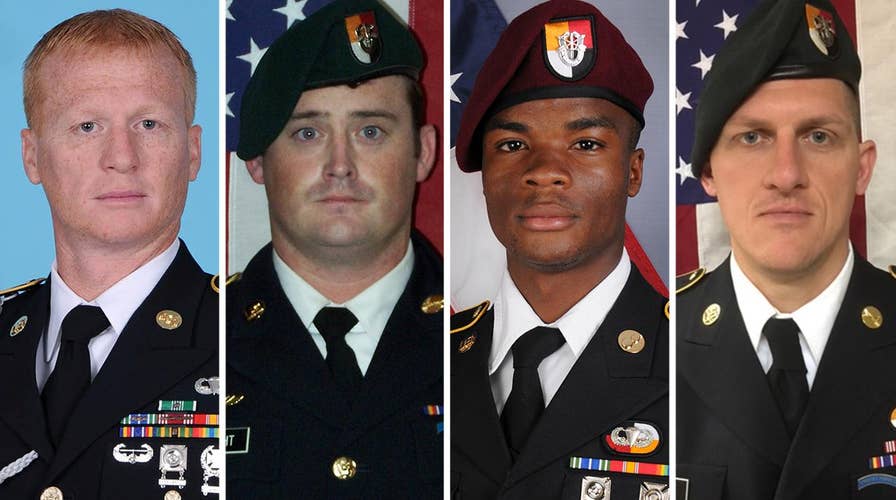The ambush in Niger earlier this month that left four U.S. troops dead has been the subject of immense speculation, not only concerning President Trump’s public response to the tragedy but also about what actually happened on the ground that day.
Asked by Fox News on Capitol Hill if the administration has been forthcoming about the attack, Armed Services Committee Chairman Sen. John McCain, R-Ariz., replied, “of course not” and added, “it may require a subpoena.”
Defense Secretary Jim Mattis said Thursday that the attack is under investigation, and the Pentagon has dispatched a general officer to Niger to probe what happened.
While details are elusive, Fox News has compiled the following timeline of the ambush and its aftermath, which all started with a routine mission to meet village elders:
A dozen U.S. Army soldiers, mostly Green Berets, along with 30 Nigeriens, traveled 125 miles north from their base at Niger’s capital, Niamey, in unarmored trucks on a routine mission and to meet with local village elders in Tonga Tonga, near the border with Mali, on Oct. 4.
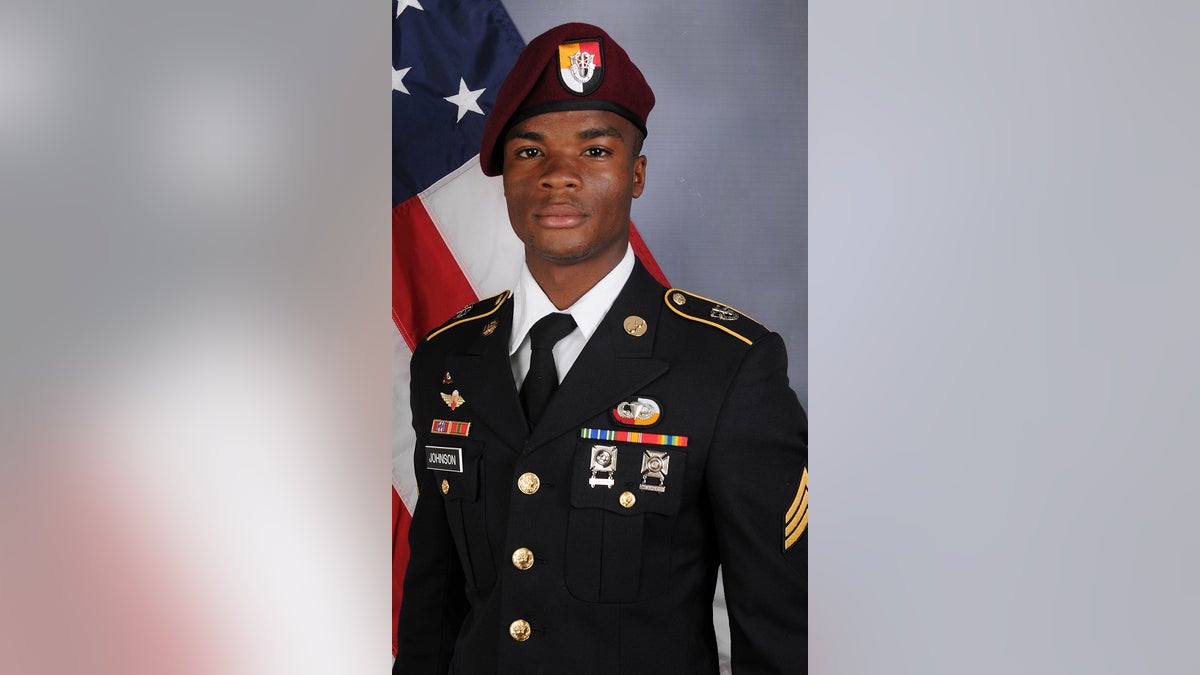
U.S. Army Sergeant La David Johnson was killed when his patrol was ambushed in Niger.
After the meeting with the village elders ended around dusk local time, the U.S.-led patrol was ambushed by roughly 50 militants from a new ISIS-affiliated group, Islamic State of the Sahel. No terrorist group has claimed responsibility for the attack, however, and a leading terrorist group in the region, Al Qaeda in the Islamic Maghreb, has not been ruled out.
Islamic State of the Sahel’s leader, Adnan Abu Walid, is thought to have been holding an American aid worker from Niger hostage for a year.
A senior defense official told Fox News the U.S. troops were fired on once they were already in their vehicles. The vehicles then scrambled to “get off the X” -- escaping the ambush site using evasive driving maneuvers -- and a gunfight ensued.
At about 5 p.m. ET the Pentagon alerted the White House that U.S. troops had been attacked in Niger. Later that night, U.S. Africa Command confirmed in a statement “that a joint U.S. and Nigerien patrol came under hostile fire in southwest Niger. We are working to confirm details on the incident and will have more information as soon as we can confirm facts on the ground."
Two U.S. Army Green Berets and two other soldiers were killed and two other Green Berets wounded. One U.S. Army soldier attached to 3rd Special Forces Group, Sgt. La David Johnson, had vanished — and it was feared he had been taken hostage by the terrorist group — until his body was discovered roughly 48 hours later, after an “intensive” search using both drones and U.S. special operations soldiers on the ground, a U.S. official debriefed on the incident told Fox News.
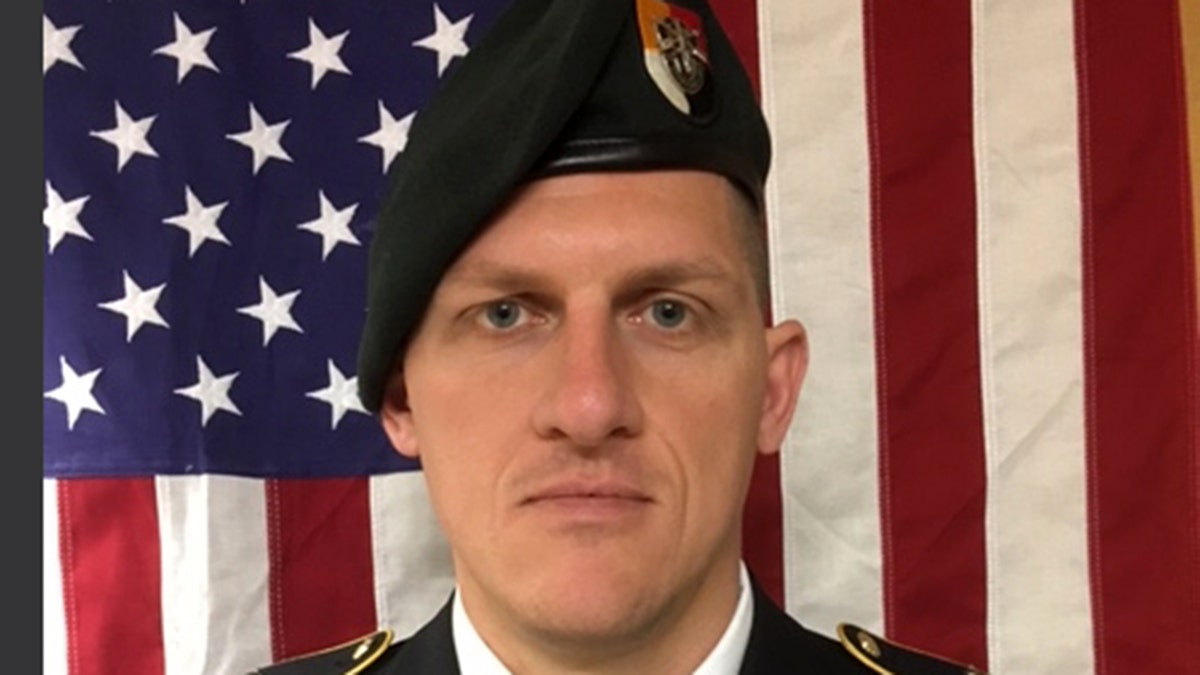
Staff Sgt. Bryan Black was killed during an ambush in Niger.
At the time of the attack, the Pentagon asked Fox News not to report a U.S. soldier was missing because U.S. special operations forces were headed to Niger for a possible rescue mission.
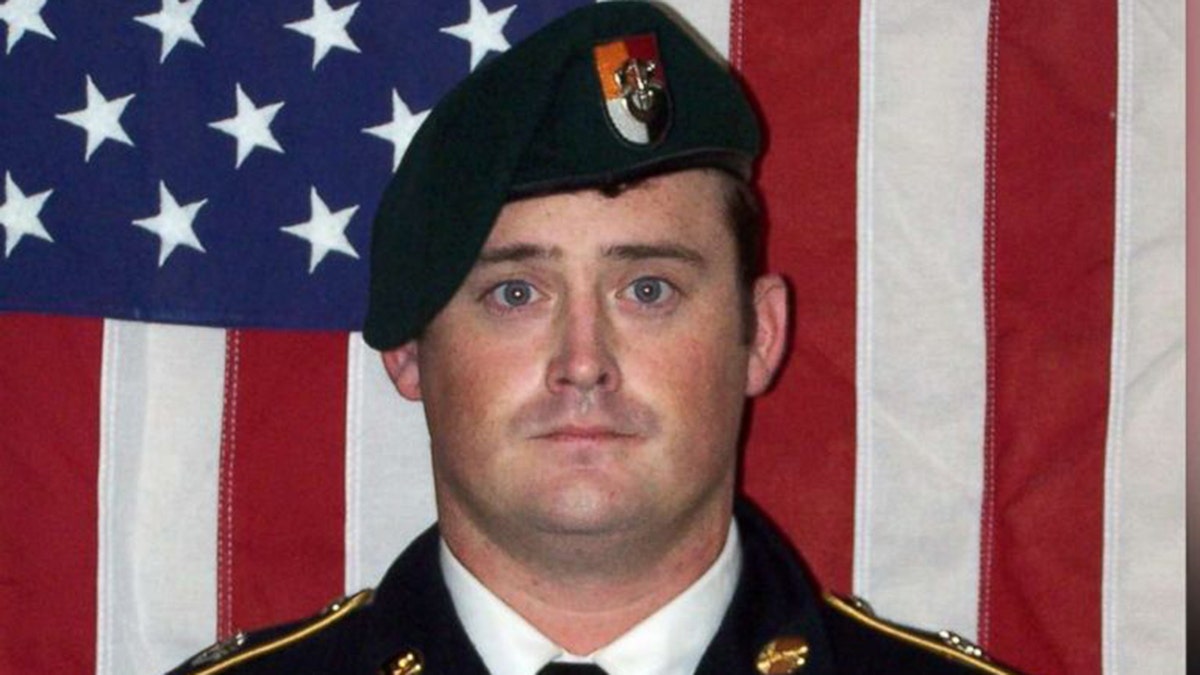
Staff Sgt. Dustin Wright was killed when his patrol was ambushed.
Fox News is told that during the search for Johnson, there always were either French, Nigerien or U.S. troops on the ground looking.
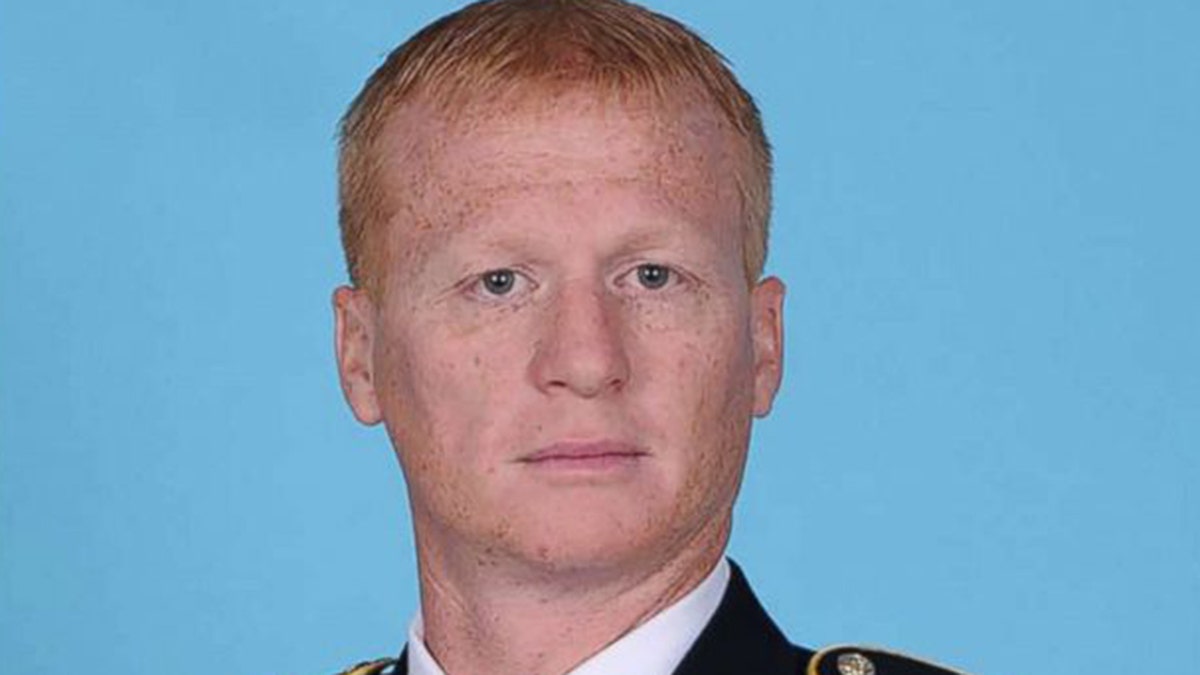
Staff Sgt. Jeremiah Johnson earned several military commendations.
Special Operators were rushed to the scene as soon as it was known that a soldier was missing.
There was no U.S. drone overhead when the joint U.S.-Nigerien patrol was attacked because the patrol did not anticipate making contact with an enemy force.
“The patrol that was attacked last week had actually done 29 patrols without contact over the previous six months or so; no indication that this was going to occur. I would say that what was actually very positive about it was the fact that they were able to have close-air support overhead, about 30 minutes after first contact, which is pretty impressive,” the Director of the Pentagon’s Joint Staff, Lt. Gen. Kenneth F. McKenzie Jr., told reporters Oct. 12.
Two French Mirage fighter jets showed up overhead during the attack, but did not open fire on the militants. The jets, however, flew low enough to scatter the group. The government of Niger does not allow armed drone flights overhead, despite the U.S. military operating two drone bases and roughly 800 American troops in the land-locked West African nation, which is about twice the size of Texas in area.
Two French Gazelle helicopters arrived a short time after enemy forces scattered and one of them retrieved two wounded Green Berets and flew them back to the capital for treatment.
A short time later, a private U.S. contracted helicopter recovered the bodies of the three Green Berets killed in the attack, a U.S. official told Fox News. U.S. Africa Command confirmed the detail.
“Berry Aviation was on alert during the incident in Niger and conducted casualty evacuation and transport for U.S. and partner forces,” said Robyn Mack, a spokesperson.
Fox News' Jennifer Griffin contributed to this report.
